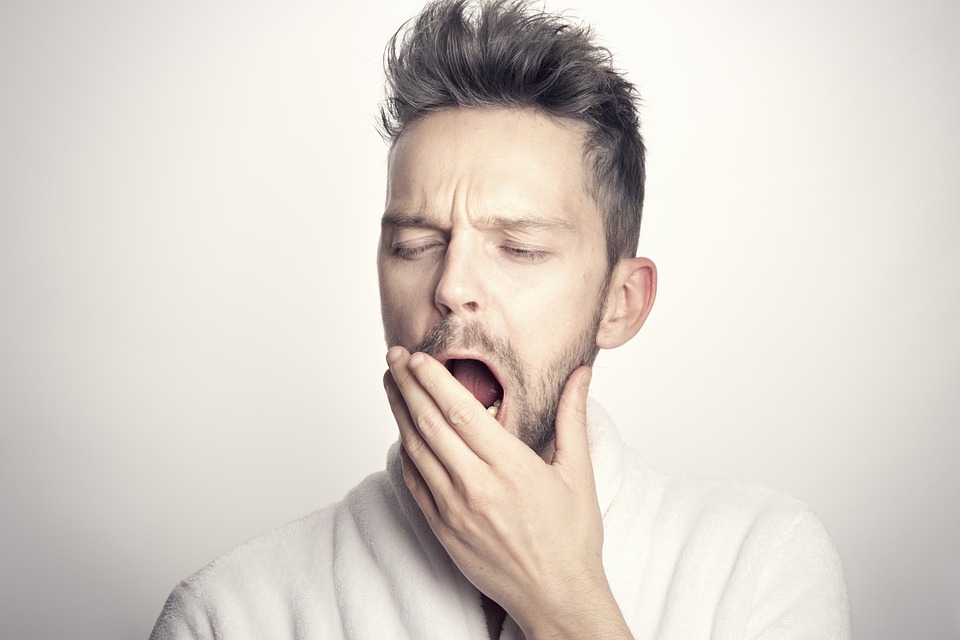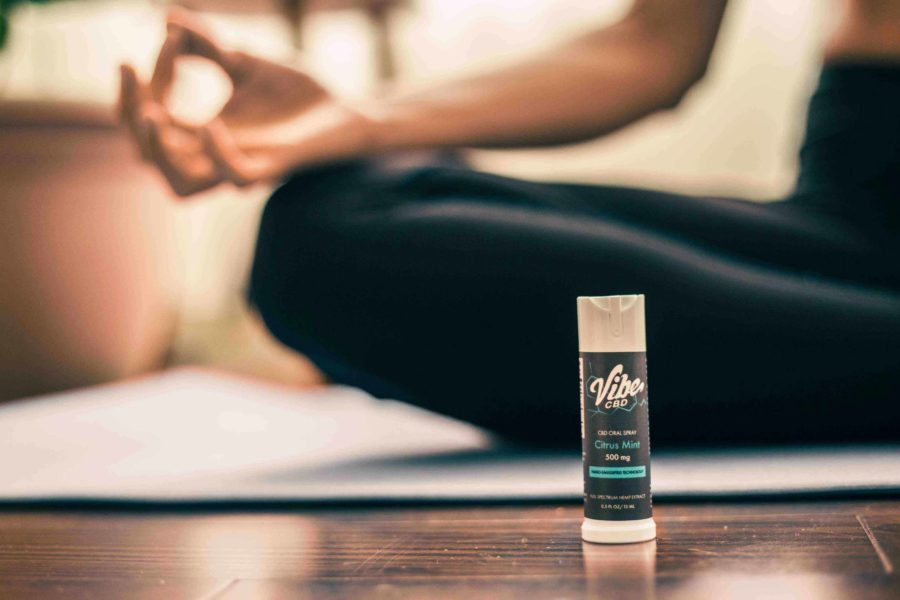5 Things You Need to Know About CBD and Insomnia
People have used cannabis plants for both medicinal and recreational purposes for a long time now. This growing interest in the benefits of marijuana and CBD use, in particular, has encouraged researchers to study their effects. Early studies found that CBD has potent health benefits like alleviating symptoms of insomnia.
 Source: Pixabay
Source: Pixabay
The cannabinoids, compounds found in the marijuana plant, are responsible for the brain’s effects. Two of the most abundant of these are cannabidiol (CBD) and tetrahydrocannabinol (THC). Both of these affect the brain on different measures. CBD is non-impairing, meaning it does not cause psychoactive effects or a “high,” unlike its THC counterpart. People use CBD products for many reasons, like pain, insomnia, and anxiety. Additionally, people also use hash, an extract of the Cannabis plant, and is a highly potent element.
We have to understand what causes poor sleep before understanding whether CBD can help with insomnia. According to Mayo Clinic research, insomnia occurs due to the following factors:
- Medications that disturb the sleep and wake cycle
- Physical conditions like pain and restless leg syndrome
- Consuming caffeine late in the day can also cause insomnia.
- Certain mental health disorders like anxiety, depression, and post-traumatic stress disorder (PTSD) affect the sleep cycle.
- Environmental factors like uncomfortable beds and loud noises
CBD can treat insomnia if external factors or related conditions cause it.
This article will look into the five most fundamental things you need to know about CBD and Insomnia.
-
What do researchers say about CBD and Insomnia?
A 2019 research conducted involved 72 test subjects in determining whether CBD could improve sleep and reduce anxiety. Among the 72 subjects, 47 were experiencing stress, and 25 were experiencing poor sleep. Scientists gave 25 milligrams (mg) of CBD capsules to each subject each day. The report was that 79.2% of patients reported lower anxiety levels, and 66.7 percent reported having better sleep than before in the first month.
- Another review from the Frontiers in Pharmacology in 2018 noted a fair amount of evidence to support the claim that CBD soothes pain. CBD can improve sleep since it reduces chronic pain.
- Another review in 2017 noted that CBD might help treat RBD as it shows potential for treating excessive daytime sleepiness.
- Research has shown that CBD affects the sleep cycle. Research from 2014 studied four patients with Parkinson’s disease. The study showed that CBD might improve the symptoms of REM sleep behavior disorder (RBD). RBD is a behavioral disorder in which a person acts out their dreams. It is generally associated with nightmares and a poor sleep cycle.
- Yet another 2014 research found that grogginess, another symptom of insomnia, might be affected by CBD. The review found that CBD has the potential to promote wakefulness in both animals and humans.
-
How does CBD work to improve your sleep?
According to researchers, CBD can help treat the following
- Excessive daytime sleeping/sleepiness;
- Various causes of sleepiness; and
- Grogginess
Moreover, CBD improves the sleep cycle by tackling the root causes of insomnia.
- The studies mentioned above emphasize the need for more research on CBD before fully understanding how it affects our sleep.
- As more research on CBD occurs, it’ll help us understand better how and why it can improve the sleep cycle.

Source: Pixabay
-
How to use CBD products for sleep?
There are several ways to take CBD. It comes in various forms, such as
- Oil and tinctures
- Pills and capsules
- Vape concentrates and
- Edibles like gummies
Vaping is the fastest way to acquire CBD inside the body system. The effects kick-in almost instantly. Edibles take a longer time to show effect, as the CBD has to go through the digestive system before it enters the bloodstream. However, the effects through edibles last longer as compared to other methods of intake.
The dosage of CBD and the right time to take depends on many factors like personal body chemistry, body weight, and the nature of your sleep troubles. Most clinical trials on CBD and sleep witnessed the subjects offered anywhere between 25 mg to 1,500 mg of CBD each day. It’s advisable to begin CBD with a low dose and gradually increase the dosage until you find something that works best.
-
What are the common side effects and safety concerns of CBD?
CBD is a relatively safe treatment as per multiple studies on CBD safety. The side effects of CBD are relatively uncommon. But some people may experience minor side effects such as
- Fatigue
- Changes in weight and appetite
- Diarrhea
The Food and Drug Administration (FDA) does not guarantee the effectiveness, safety, and quality of over-the-counter (OTC) CBD products. The FDA can also take action against the CBD companies that make unfounded health claims to protect public health and safety.
Source: Pixabay
So, before you buy a CBD product from a company, do thorough research on the company’s history. Opt for CBD products tested by a third party and avoid companies with a history of mislabeling the CBD products.
-
When is the right time to consult a doctor?
According to experts, doctors do not usually recommend using sleep medication for longer than a few weeks. Although CBD and other medications might be helpful, it is always essential to get to the root cause of your sleep problems. Hence consult with a doctor before you start taking CBD for your sleeping troubles.
Conclusion
It is quintessential to talk to your doctor before taking any medication or supplements, including CBD. The doctor will prescribe the correct doses of CBD based on your condition and various other factors.

